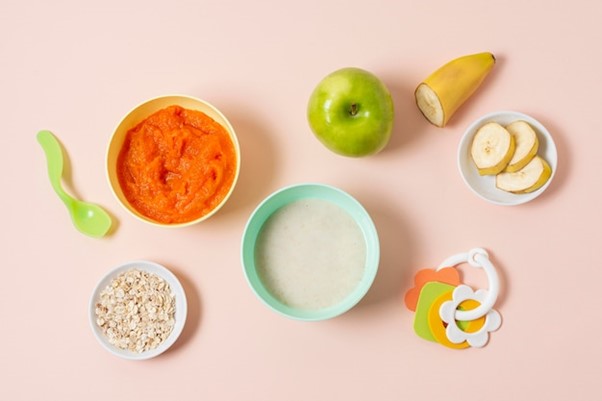Baby food provides essential nutrients for infants’ growth and development. However, recent revelations have shed light on a concerning issue: heavy metal contamination in baby food. Heavy metals such as arsenic, lead, cadmium, and mercury have been found in various baby food products, posing potential health risks to infants.
If you believe your child has been harmed by heavy metal contamination in baby food, consider taking legal action. Consult a qualified attorney specializing in product liability to understand your legal options and help you file a toxic baby food lawsuit.
In this blog post, we will delve into the effects of heavy metal exposure on babies and discuss the necessary actions parents can take to ensure their children’s safety.
Effects of Heavy Metal Exposure on Babies
Here are some potential effects of heavy metal exposure on infants:
- Arsenic: Arsenic is a toxic element found in soil, water, and certain foods, including rice and rice-based products commonly used in baby food. Chronic exposure to arsenic has been linked to various health problems, including developmental delays, neurological issues, and an increased risk of certain cancers. Babies, with their developing bodies, are particularly vulnerable to the harmful effects of arsenic.
- Lead: Lead contamination in baby food can occur through environmental factors or during the manufacturing process. Exposure to lead in infancy can lead to cognitive impairment, developmental delays, and behavioral problems. Even low levels of lead exposure can have long-term consequences on a child’s health and development.
- Cadmium: Cadmium is another heavy metal in certain foods, such as leafy vegetables and grains. When ingested in high amounts, cadmium can cause kidney damage, bone mineral density loss, and respiratory issues. Infants who consume baby food contaminated with cadmium may be at risk of these adverse health effects.
- Mercury: While not as commonly found in baby food as other heavy metals, mercury contamination can still occur, particularly in certain types of fish used in baby food products.
Mercury exposure during infancy can impair neurological development and cognitive function. Parents must be aware of mercury levels in baby food, especially if fish-based products are included in their child’s diet.

Actions To Take
You need to be proactive in ensuring your baby’s safety and well-being. Here are some actions you can take to minimize the risks of heavy metal contamination in baby food:
- Be Informed: Stay informed about recalls and advisories related to baby food products. Regularly check updates from reputable sources, such as the Food and Drug Administration (FDA) or consumer advocacy groups, for any concerning information regarding heavy metal contamination in baby food.
- Diversify Your Baby’s Diet: Limit the consumption of rice-based products and opt for a diverse diet for your baby. Incorporate a variety of fruits, vegetables, grains, and proteins to reduce the risk of excessive exposure to any one type of heavy metal.
- Choose Trusted Brands: Research and choose baby food brands that prioritize safety and quality control measures. Look for brands that conduct rigorous testing for heavy metals and provide transparency regarding their sourcing and manufacturing processes.
- Consult a Pediatrician: If you have concerns about heavy metal exposure in your baby’s diet or suspect any adverse health effects, consult a pediatrician. They can guide safe feeding practices and may recommend testing for heavy metal levels if necessary.
Wrap Up
Contamination in food and water is unacceptable. Heavy metal contamination in baby food is a severe concern requiring attention and action from parents, manufacturers, and regulatory agencies. By staying informed, diversifying your baby’s diet, choosing trusted brands, consulting with pediatricians, and taking legal action, if necessary, you can help protect your child from the harmful effects of heavy metal exposure in baby food. Together, we can work towards safer and healthier feeding practices for our little ones.

